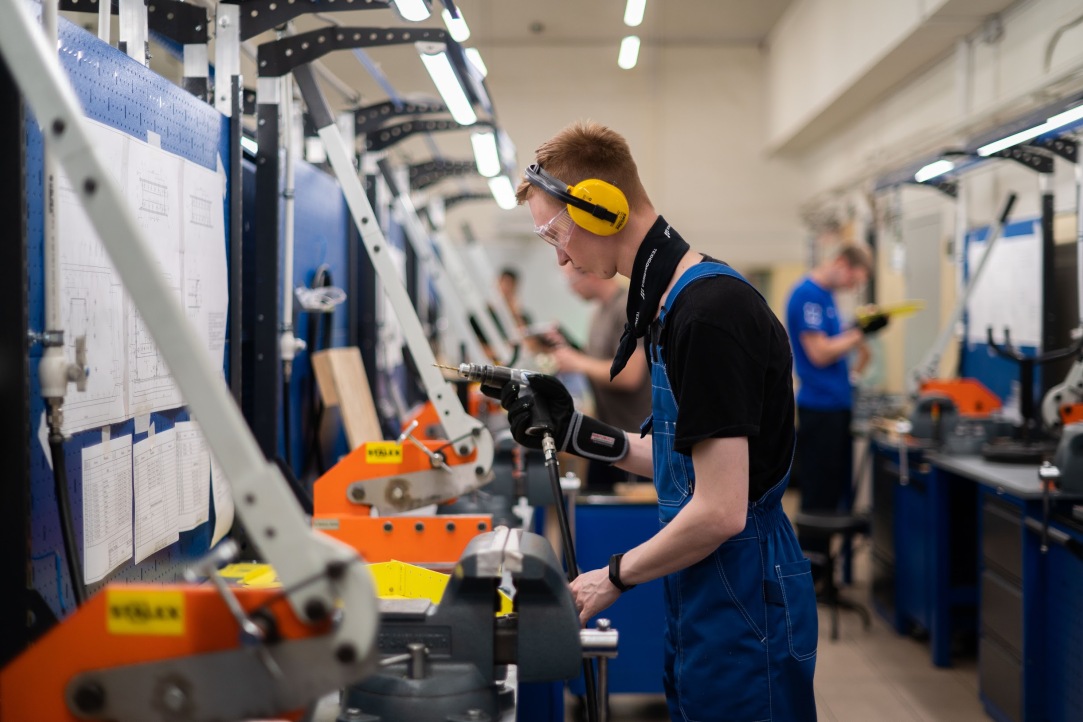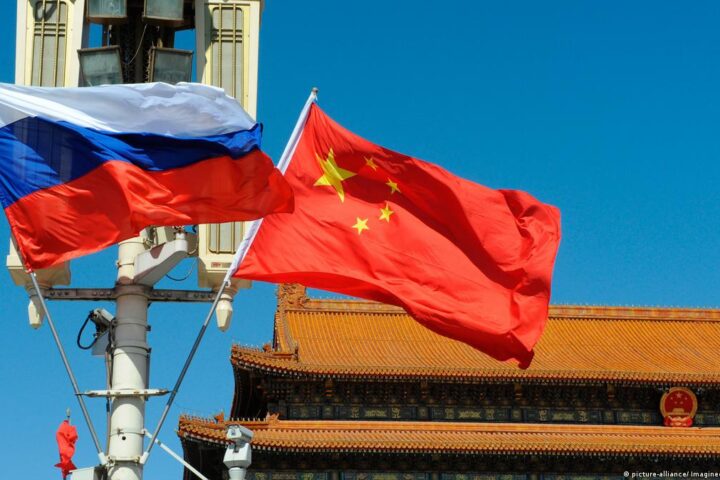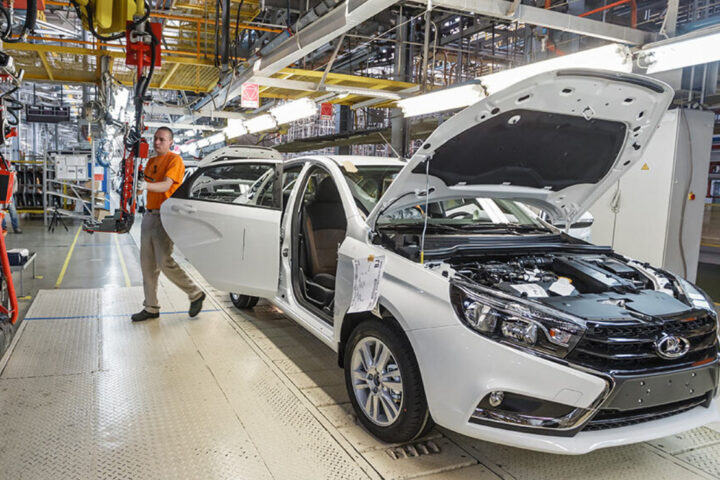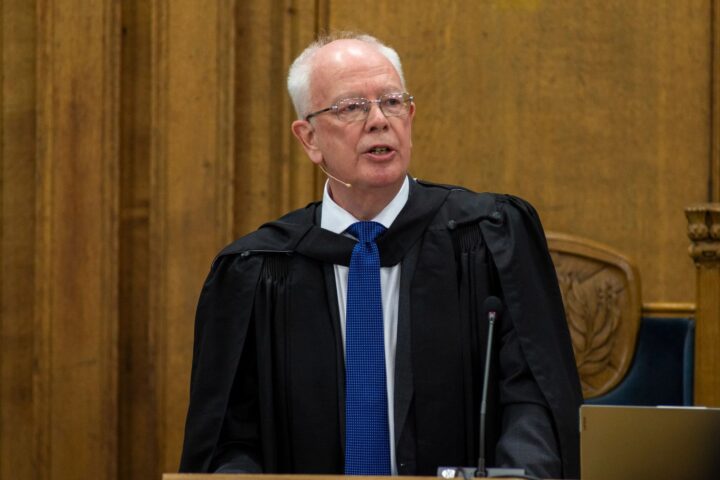Several of Russia’s largest industrial enterprises—from automotive manufacturing to metallurgy—are moving to a reduced four-day workweek. Facing declining demand, rising inventory levels, and a challenging economic environment, these companies aim to cut costs and avoid mass layoffs by adjusting production schedules.
AvtoVAZ braces for production cuts and reduced workweek
On July 23, AvtoVAZ announced that starting September 29, it may switch to a four-day workweek. The decision is driven by worsening economic conditions and shrinking demand in the domestic auto market. The company highlighted that in 2024, a significant number of imported foreign cars entered Russia, many offered at dumping prices, intensifying competitive pressure. Currently, AvtoVAZ holds about 400,000 unsold vehicles in inventory. The manufacturer operates plants in Togliatti, Saint Petersburg, Izhevsk, and Argun, and produced over 525,000 cars in 2024—exceeding its 2025 target of 500,000 units. The final decision on work schedules will depend on market trends, economic factors such as key interest rates, and credit availability.
Other major industrial players follow suit
The Kirov Group, one of Russia’s oldest and largest machine-building and metallurgical concerns, is also considering a similar reduction in work hours. Its subsidiary, the Petersburg Tractor Plant, once a leader in Russia’s tractor market, faces declining demand. The group produces energy equipment for the Russian Navy, icebreaker fleets, and nuclear power plants domestically and abroad, employing around 7,000 workers.
Chelyabinsk Electrometallurgical Plant is shifting its administrative staff to a four-day week despite generating revenues exceeding 81.5 billion rubles in 2024; however, it reported a net loss of 519.4 million rubles last year. The plant employs roughly 8,000 people.
In early 2025, agricultural machinery manufacturer Rostselmash moved to a four-day week as output fell to one-third compared to the previous year. The company also cut 2,000 jobs from its 10,000-strong workforce.
Since July, major factories in Yaroslavl—including Avtodizel (an engine plant) and YAZDA (diesel equipment)—have adopted a shorter workweek due to a slump in the commercial transport market. This schedule will remain in effect through December 31. Additionally, Chelyabinsk’s agricultural machinery producer Traktor will reduce its working days.
Economic pressures deepen despite state defense orders
Unlike Western Europe, where four-day weeks are introduced to boost well-being without reducing wages or output, Russian factories cut workdays mainly to lower costs and avoid layoffs amid a sharp market downturn. State defense contracts, once a buffer against declining sales, no longer fully protect enterprises like AvtoVAZ from economic strain.
Data from industry analyst Avtostat show new car sales in Russia plunged 26.3% in the first half of 2025 to 530,370 units, with Lada brand sales down 25% to 155,480 cars.
Despite soaring wealth among some Russian billionaires, the broader workforce faces reduced wages and living standards as production slows. Even flagship manufacturers such as KAMAZ are struggling for survival, raising concerns about the health of the entire industrial sector.
Official reports claim economic growth, yet real incomes continue to fall. In June, Russia’s manufacturing Purchasing Managers’ Index (PMI) dropped to 47.5 points from 50.2 in May, marking the fastest contraction since the start of the special military operation.
With half the year gone, financial constraints are already biting hard, and the fact that defense orders no longer sustain the economy signals further challenges ahead.














